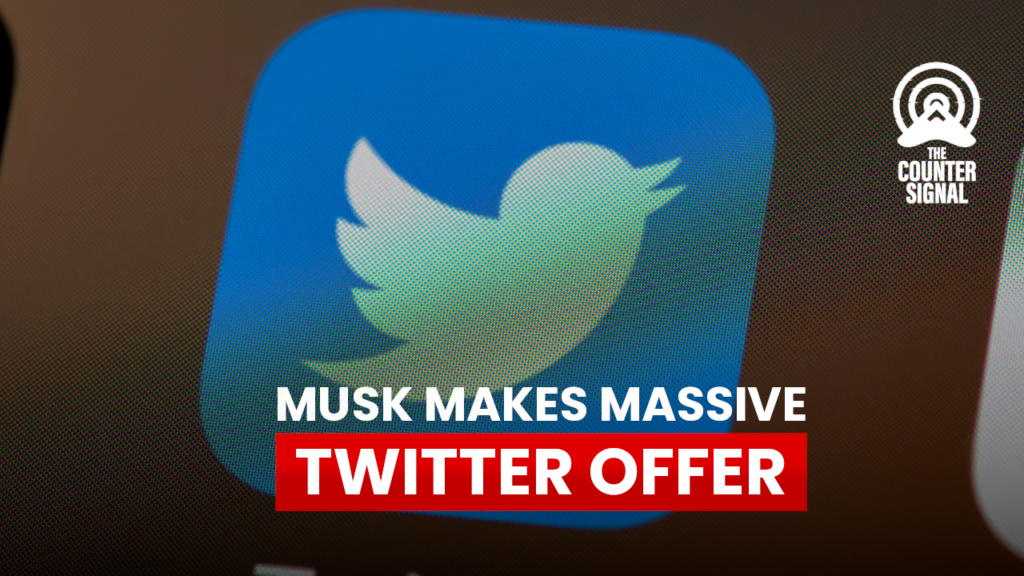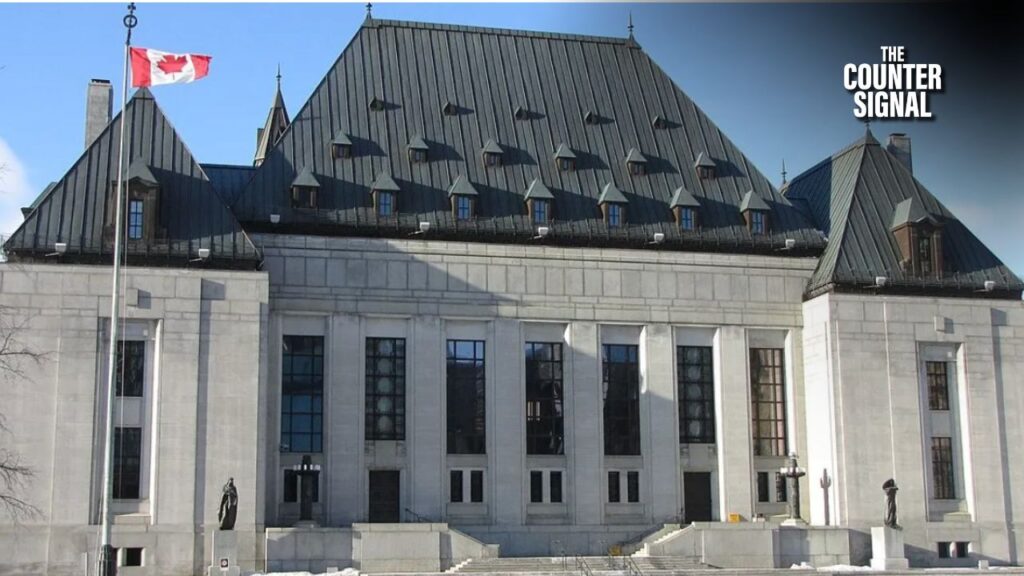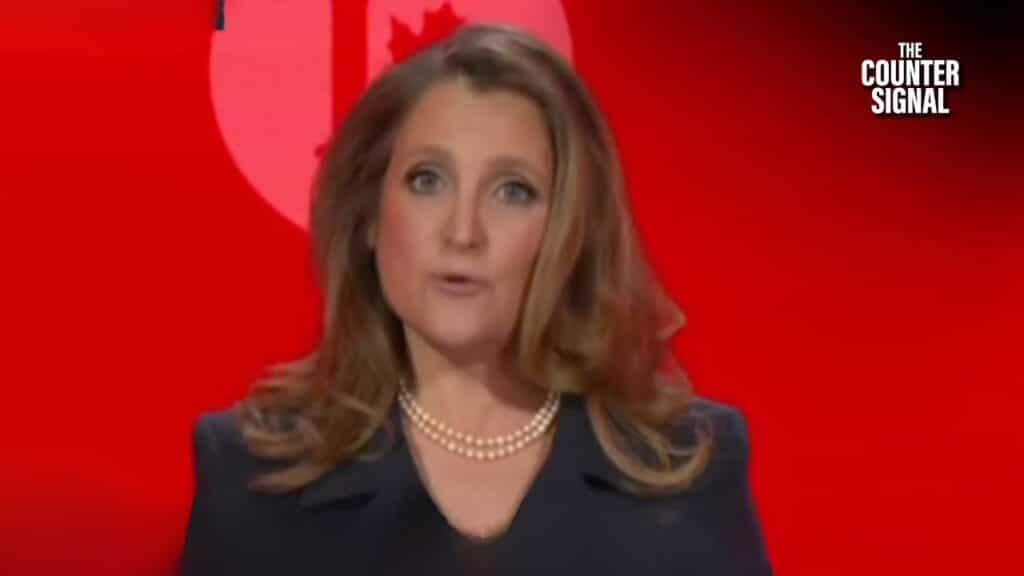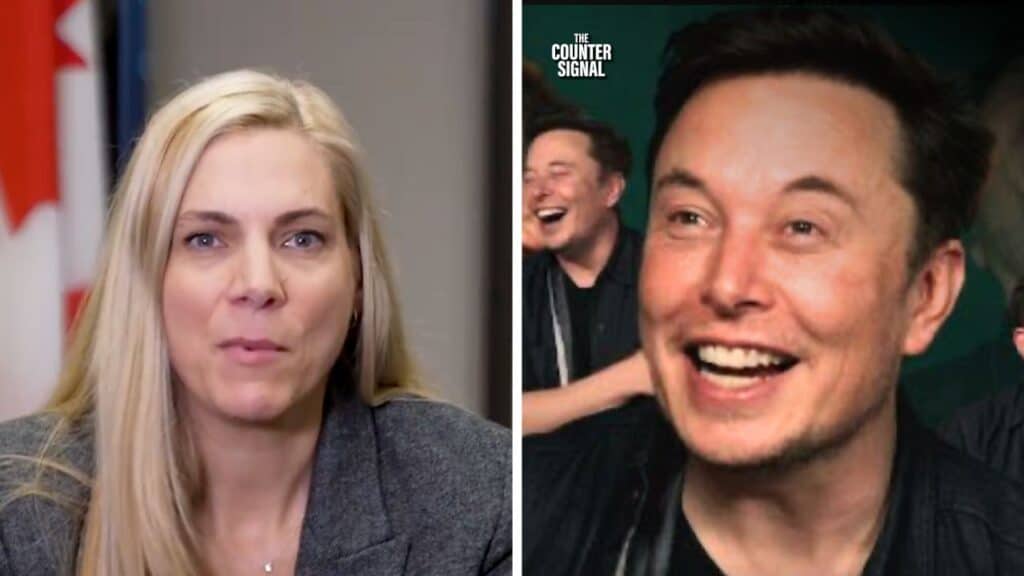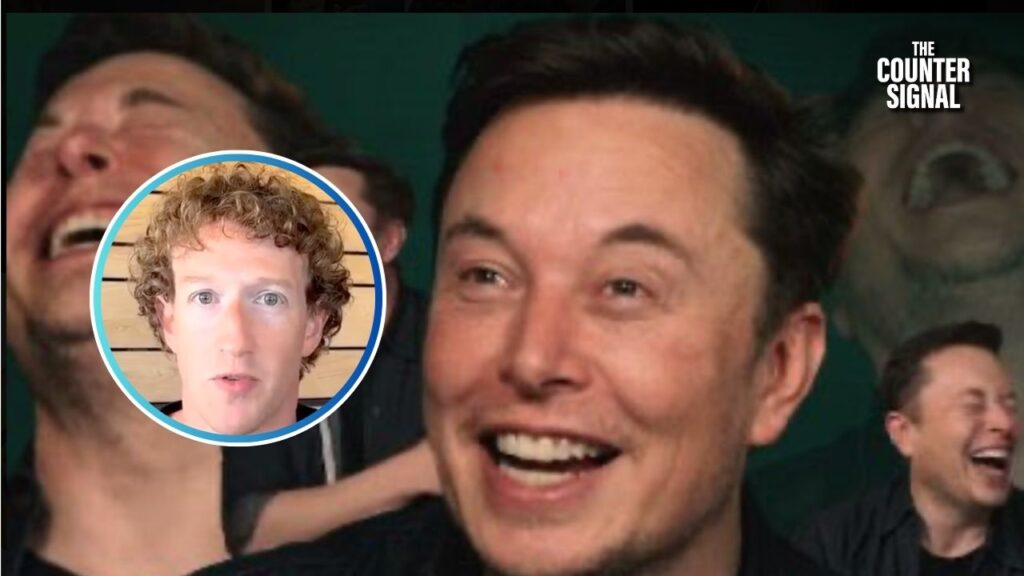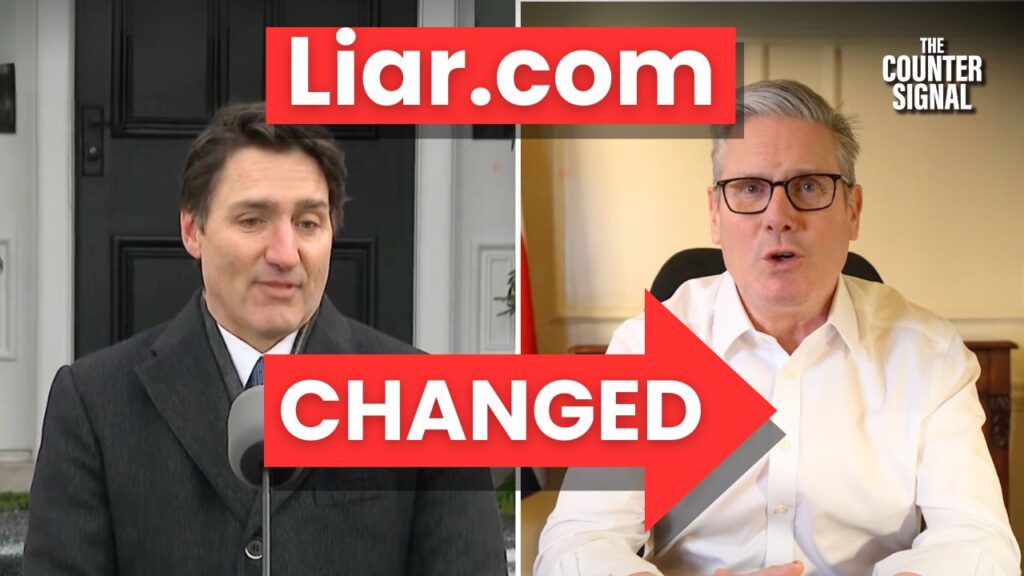On April 14, tech giant Elon Musk made a roughly $43 billion offer to buy Twitter after becoming Twitter’s largest shareholder and rejecting a board seat.
“Twitter has extraordinary potential. I will unlock it,” wrote Musk in a letter to Twitter.
I made an offer https://t.co/VvreuPMeLu
— Elon Musk (@elonmusk) April 14, 2022
JUST IN – Twitter will reportedly hold an all-hands meeting with employees at 2pm over Elon Musk's offer to take over the platform.
— Disclose.tv (@disclosetv) April 14, 2022
Earlier this week, Twitter CEO Parag Agrawal tweeted Musk’s refusal to join the company’s board of directors. At the time, many believed Musk’s refusal signalled that he didn’t want his shareholder status limited to 15 per cent and that he may have wanted more control of the company.
JUST IN – Saudi Prince Al Waleed bin Talal Al Saud, one of Twitter's largest shareholders, rejects Elon Musk's bid.
— Disclose.tv (@disclosetv) April 14, 2022
In an announcement to employees that Agrawal subsequently tweeted out, Argawal said he was “excited” to work with Elon but thought there would be risks with appointing him to the board.
“We were excited to collaborate [with Elon] and clear about the risks. We also believed that having Elon as a fiduciary of the company, where he, like all board members, has to act in the best interests of the company and all our shareholders, was the best path forward. The board offered him a seat,” Agrawal wrote in an announcement to employees.
“Elon’s appointment to the board was to become official effective 4/9, but Elon shared that same morning that he will no longer be joining the board.”
Elon has decided not to join our board. I sent a brief note to the company, sharing with you all here. pic.twitter.com/lfrXACavvk
— Parag Agrawal (@paraga) April 11, 2022
“If Elon took Twitter board seat, he’s limited to owning less than 15 [per cent] of the stock and would also be caged via fiduciary duties,” wrote political commentator Mike Cernovich in a Tweet.
“By declining a board seat, he’s either over Twitter already or he plans to go much bigger. The line about “distractions” here suggests it’s the latter.”
Twitter's board offer to Elon was a move to put the roadblocks up on him having any meaningful influence on the company. Didn't think it was a good move. Especially when they ban people for calling out groomers.
— Jack Posobiec 🇺🇸 (@JackPosobiec) April 11, 2022
Before it was revealed that Musk had bought 9.2 per cent of Twitter, making him the largest shareholder, he’d voiced concerns about free speech and censorship.
“Given that Twitter serves as the de facto public town square failing to adhere to free speech principles fundamentally undermines democracy. What should be done?” Musk tweeted on March 26.
“Is a new platform needed?”
It still isn’t clear what plans Musk has for the company.
